At Gravitate, our Corporate Finance team specialises in supporting owner-managed businesses, typically generating £250k–£3m EBITDA, to achieve successful sales and acquisitions.
But we know that smaller deals often need the most support; they carry more risk, buyers tend to be more cautious, and owners rarely have in-house expertise to navigate the process. Yet, businesses of this size are frequently overlooked by traditional advisors or charged fees that make transactions unviable.
Why EBITDA matters
When you’re buying, selling or doing deals with a business, EBITDA is one of the most commonly used benchmarks. EBITDA means Earnings Before Interest, Tax, Depreciation, and Amortisation and it strips away financing and accounting decisions to give a clear and accessible profitability figure.
For investors, would-be buyers and financers, EBITDA is usually the go-to metric when comparing businesses.
There are, however, some key differences between businesses whose EBITDA is greater than £1million, and those whose figure is below that.
Sub £1m EBITDA companies face a few unique challenges that must not be overlooked. For starters, most UK businesses actually sit within this range, and feature quirks that have a habit of making deals more complicated and riskier.
Unique characteristics of sub £1m EBITDA businesses
Sub £1m EBITDA businesses have several unique characteristics that differentiate them from larger organisations.
They are typically owner-managed businesses
The founder/director usually must wear multiple hats, from sales to operations to finance. This creates strong and consistent leadership but also means there’s a heavy reliance on one individual and the decisions they make.
They are usually niche-focused
The business usually operates in a highly specialised market where they hold localised or sector-specific expertise, potentially with a lack of broader scalability.
Lean but with operational fragility
Smaller teams can benefit decision making and fluidity, but operational resilience can be limited if key employees leave or are absent for extended periods of time.
Constrained by resources
Limited cash flow of sub £1m EBITDA businesses means reinvestment is often modest, potentially leaving gaps in technology, systems, or growth capital.
Less formalisation
Compared to businesses above £1m EBITDA, these smaller operations are often less formalised. They may not have robust financial reporting systems, structured management layers, or clear succession planning.
Why sub £1m EBITDA businesses might be harder to buy (and sell!)
In theory, selling a business that generates positive EBITDA should be straightforward. It’s profitable, has active customers, and shows great growth potential. But the reality is sub £1m EBITDA businesses can be harder to transact.
- Buyers (especially private equity investors and larger trade players) might see sub £1m businesses as “too small” to justify the time and due diligence involved. The risk/reward equation doesn’t always stack up for them.
- Sub £1m businesses often don’t have long track records of consistent performance. Revenue might fluctuate depending on a small number of clients, or profitability might be heavily influenced by the owner’s personal involvement.
- Smaller businesses often lack the systems, capital, and professional support structures needed to rapidly expand. Buyers see both opportunity and risk here: with investment, these businesses can grow quickly!
Risk factors for buyers
Investors don’t like risk; or rather, they all have a maximum risk threshold. All investors or buyers will have a different risk tolerance but, by and large, smaller companies are seen as riskier. Here’s why.
Reliability of financial data
Smaller businesses often rely on basic accounting systems, sometimes even spreadsheets, rather than robust financial management platforms. This often creates concerns over the accuracy of reported EBITDA. Buyers often end up investing more in due diligence just to validate the numbers.
Gaps in non-financial data
Beyond the numbers, buyers want to see operational depth. This includes governance structures, documented processes, employee retention data, and customer contracts. In many sub £1m businesses, this data is incomplete or informal (such as verbal agreements).
Key person dependency
If the founder leaves post-sale, will the business still thrive? Buyers are often hesitant to pay premium valuations if too much value leaves with the owner.
Competitive risk
Small businesses often lack brand recognition or defensible market share. If a larger competitor decides to enter the same niche, the smaller business could be squeezed quickly.
All these risks combined make sub £1m EBITDA deals inherently more complex.
- For buyers, the decision often hinges on whether they believe they can mitigate these risks post-acquisition.
- For sellers, the challenge is demonstrating resilience and growth potential to counterbalance perceived weaknesses.
Transaction Fees for sub £1m EBITDA companies
When carrying out big transactions, the professional fees involved can be disproportionately high compared to the size of the company and, therefore, the value of the deal. As a percentage, the fees can represent a much larger slice of the pie than with a company selling for tens of millions.
The reality is that the process is the same regardless of size. Whether the deal is £500k or £50m, buyers still expect robust financials, legal due diligence, good tax structuring, and negotiation. Advisors put in a similar level of work; in fact, smaller deals may require more guidance because sellers have less experience.
The key is to view fees not as a cost but as an investment in maximising value.
A poorly structured deal or rushed process could cost far more in lost valuation than the fee itself.
Business Valuations in the sub £1m EBITDA market
Another area of complexity is valuations. Valuations for sub £1m EBITDA businesses don’t typically follow a straight line, and multiples can rise disproportionately as the EBITDA grows.
A simple example, an established manufacturing company with £500k EBITDA might get 3–4x earnings (£1.5m–£2m valuation), while one with £2m EBITDA could see 6–8x (£12m–£16m valuation).
Valuations can be non-linearly because risk falls faster than earnings rise and strategic options expand faster than revenue grows.
Rationale
- Buyers will pay a higher multiple when they perceive lower risk of earnings volatility or failure. A £50k cost/loss of revenue for a £500k EBITDA business is more impactful than a £50k cost/loss of revenue for £2m EBITDA business. There is simply more wiggle room in larger businesses.
- Investors value businesses more highly when future exit opportunities are broader and clearer
- Buyers are willing to pay more for businesses where margins have room to expand and improve
- Strategic acquirers place a premium on size if it accelerates their market position
- Reliance on business owners, means replacement salary costs may be needed, reducing EBITDA returns and overall attractiveness
- Lower cost of capital and higher leverage potential justifies higher valuations
Dependent on the EBITDA % return larger businesses also often qualify for private equity investment, which opens up a much more competitive pool of buyers, driving up the value.
Finding a deal that works for everyone
The key is telling a strong growth story and managing expectations. If a seller can show how modest investment will push EBITDA well past the £1m mark, buyers should be more willing to stretch on multiples, because they can see the clear future value.
Advisors play a crucial role in setting realistic valuations early, preparing owners for feedback, and structuring deals effectively.
Ultimately, a well-run process can offset most size disadvantages, building trust, reassuring buyers, creating competition and preventing surprises!
How Gravitate can help owner managed companies to sell!
At Gravitate, we deliver the same level of professionalism, rigour, and market insight you’d expect in a much larger deal — but in a way that’s affordable and tailored to the realities of smaller businesses. For us, it’s never about the size of the deal; it’s about ensuring every business owner has the chance to realise the value they’ve worked so hard to build.
- Positioning your business to highlight its growth story and potential.
- Managing the process end-to-end, from buyer outreach to negotiation.
- Tax planning (through our specialist Tax Advisory team) to ensure you keep as much value as possible post-sale.
- Managing expectations and aligning price views between you and prospective buyers.
We take pride in our strategic and collaborative blend of corporate finance and tax expertise. Too often, owners exit without structuring properly for tax, losing significant value. Gravitate integrates both areas seamlessly, helping clients avoid costly mistakes so they can achieve a clean, rewarding exit.
This is the difference between a stressful, undervalued transaction and a well-managed, successful one.

.png)


.png)

.png)
.png)

.png)
.png)
.png)













.png)
.png)
.png)

.png)
.png)

.png)


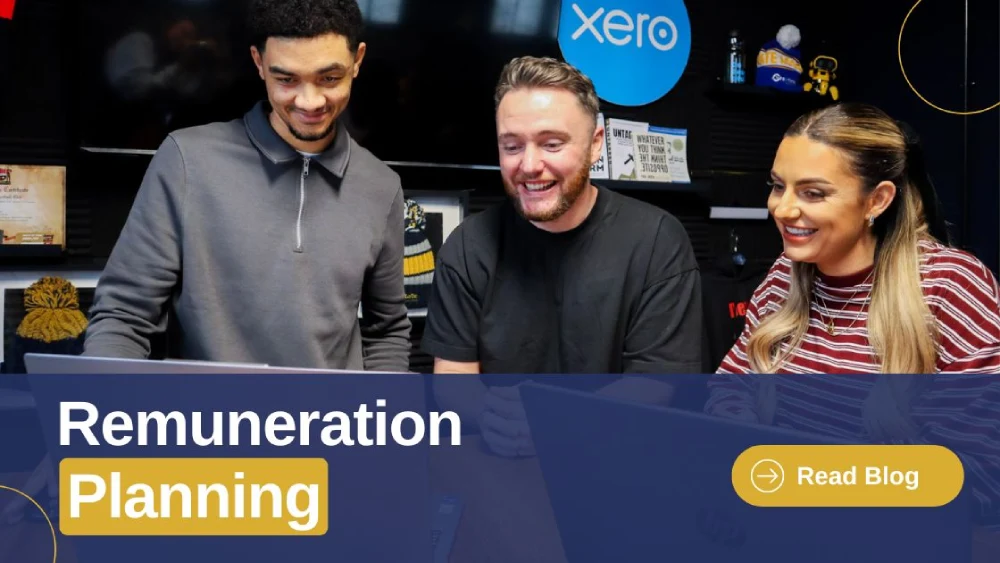
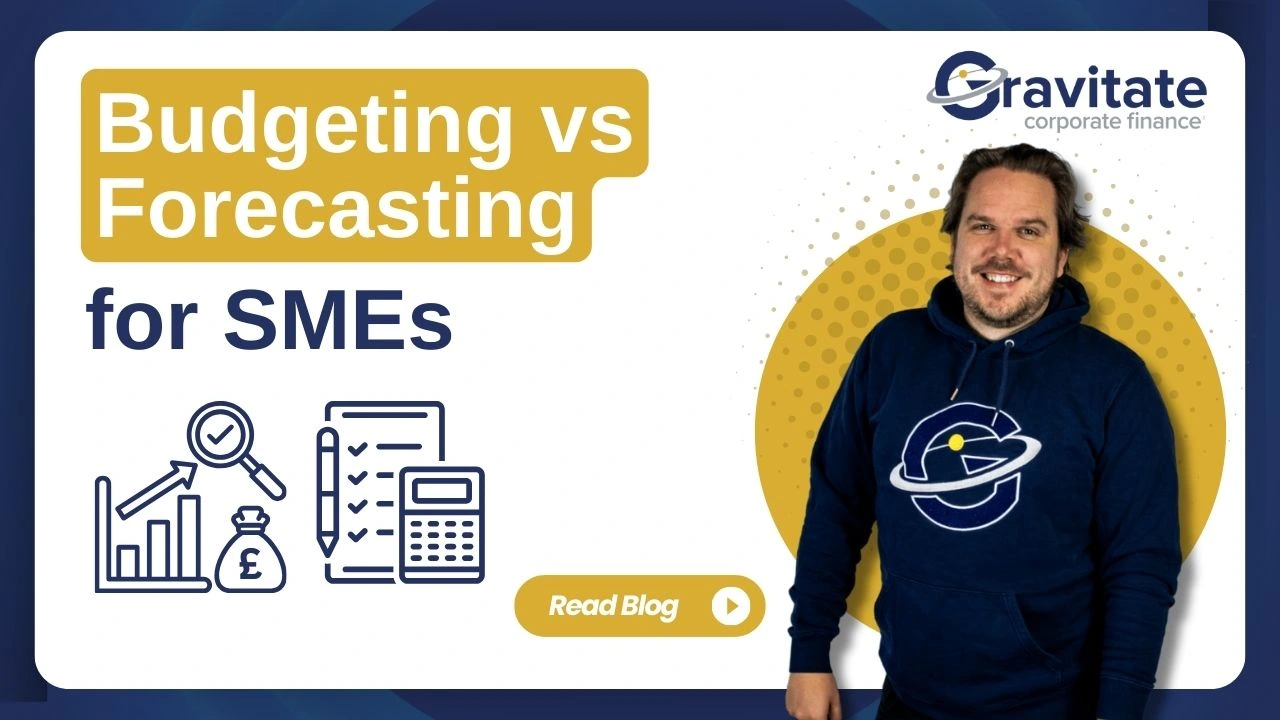
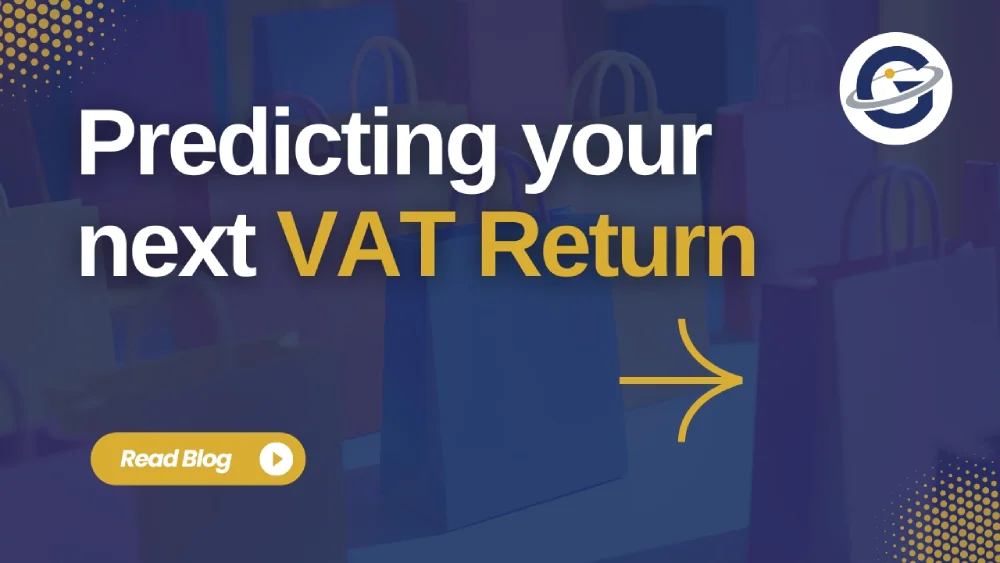


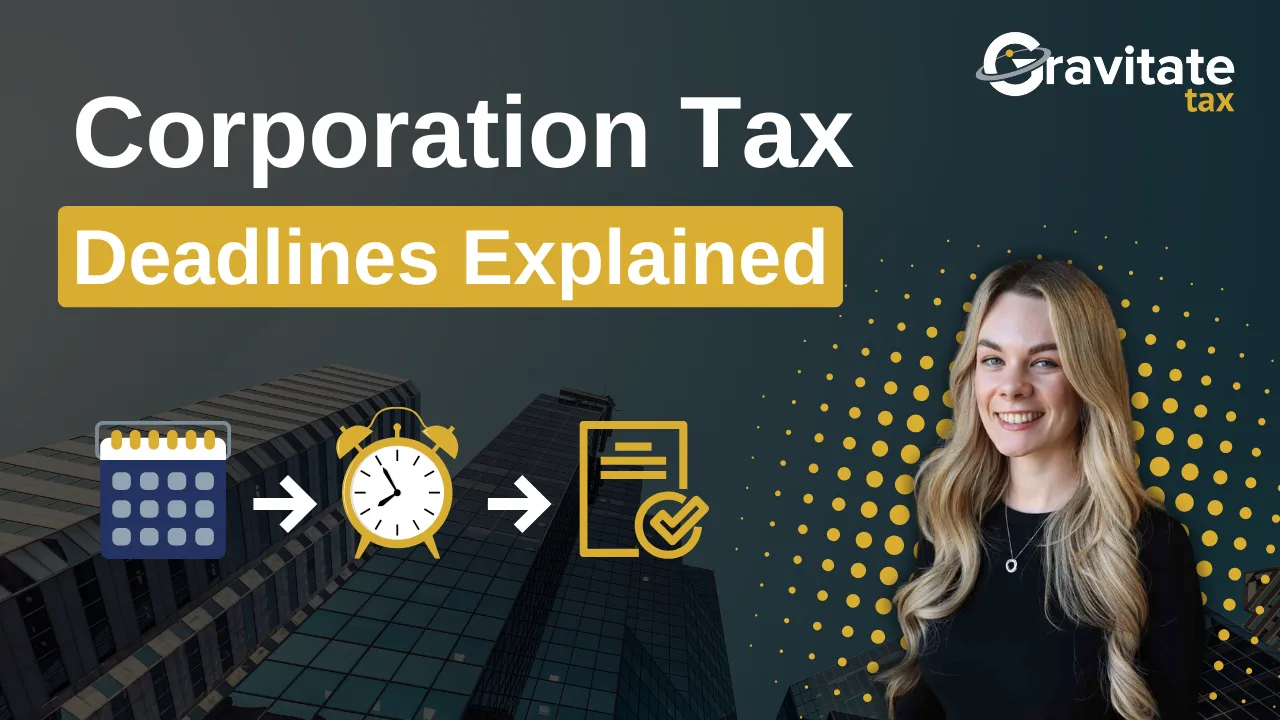
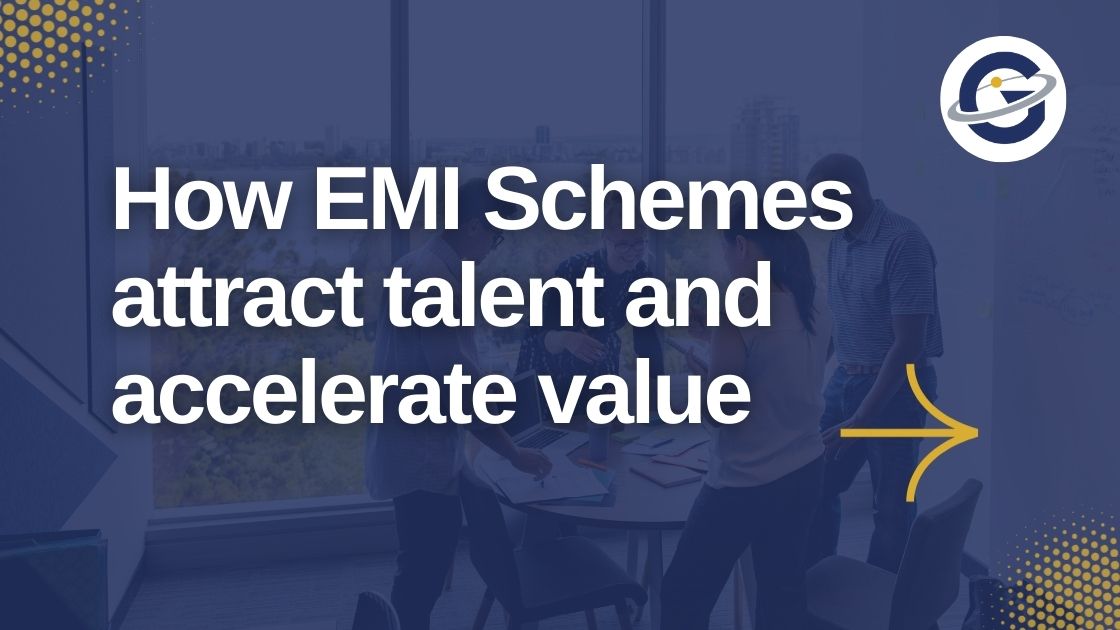
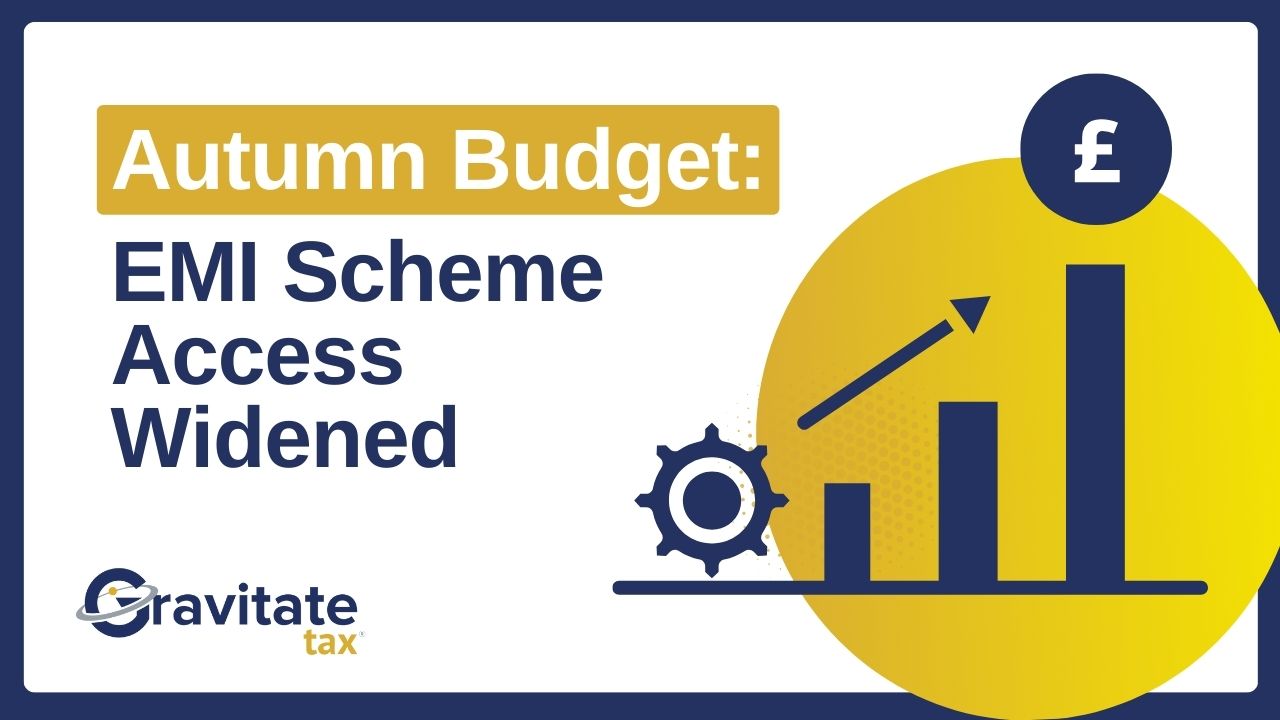







.jpg)

.webp)
.png)

.svg)
